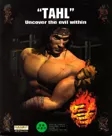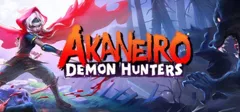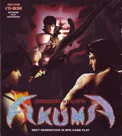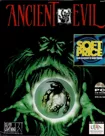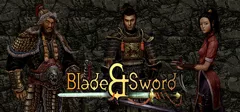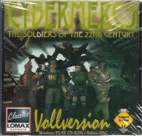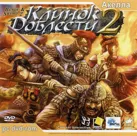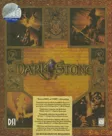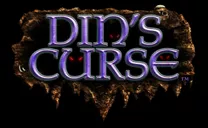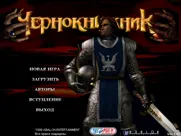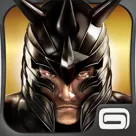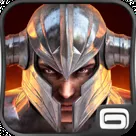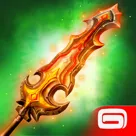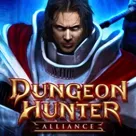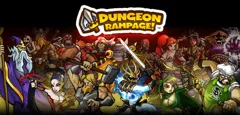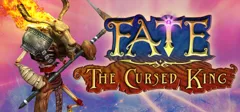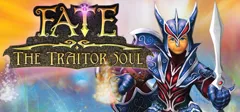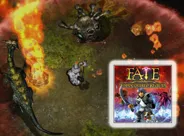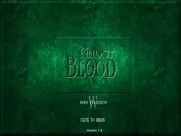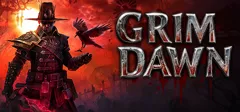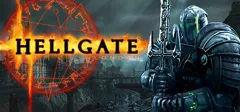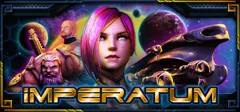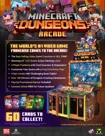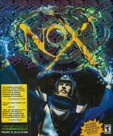Game Groups > Diablo variants
Role-playing games (RPGs) inspired by Diablo, Diablo II, or Diablo II: Lord of Destruction (or all), copying similar gameplay mechanics, many of which were first introduced or later popularized by Diablo games to a high degree.
The popularity of Diablo later popularized the re-use of jargons such as Action-RPG or hack-and-slash RPGs, which was often incorrectly used to specifically refer to Diablo-style gameplay.
Primary Characteristics
To qualify as a Diablo variant, the game must fulfill all of the following primary characteristics, which may be identified as Diablo-style gameplay:
Abundant Item Variation
Traditional RPGs usually offer limited variations of items. Diablo-style games introduced an abundant form of armor, weapons, and other items (usually by the hundreds or more) of varying types and quality. See armor and weapon sets for further related information. Items of higher quality will usually will cost more by an extreme margin compared lower quality items when bought/sold at merchant non-player characters (NPCs).
Armor and Weapon Sets
Armor sets and weapon sets refer to matching armor or weapons, if worn/wielded in a partial or complete set may provide additional bonuses to the playable character(s) wearing them. Special sets are usually identified with a unique title colored distinction different from ordinary items (usually white) such as blue, purple, or gold.
Quick Slots
Quick slots refer to graphical slots as an alternate for instant assessable items, usually located at the bottom screen of the main display. Slots, depending on the game, may be as numerous as ten or more slots. Some games have introduced less, while others have introduced additional windows for more slots. Quick slots usually have a numerical designation, where the player may press the specified key for instant use. Additional slot features may also include cool-down effects.
Minor Bosses
Minor bosses refer to stronger versions of the random monster, usually identified by unique title colored distinction, similar to armor sets or weapon sets. Minor bosses usually guard chests that appear to be more valuable than ordinary chests and may drop more valuable items when defeated.
Real-Time Hack-and-Slash Combat
Primary gameplay usually refers to real-time combat where the player continuously attacks a targeted enemy (i.e. by constantly clicking a specified mouse button) until the enemy is vanquished. This type of hack-and-slash method usually involves minimal, automated, or no unique and manual form of dodging/parrying techniques other than moving or running away.
Other Characteristics
Diablo-style games may also introduce one or more of the following of characteristics, often seen in Diablo variants:
Armor and Weapon Sockets
Diablo II introduced sockets by embedding gems into individual armor or weapons for the purposes to make them stronger through additional effect (e.g. +5 fire attack). These gems may come in varying qualities and even sets, or which higher qualities or a more complete set will produce a more powerful outcome when attached to a specified armor or weapon. Diablo variants have introduced similar features, replacing gems with similarly equivalent items, such as tokens, animal parts, etc., with the same or similar purpose as the original feature introduced in Diablo II: Lord of Destruction.
Auto-Mapping
An auto-mapping feature, either visible in-game or may be made visible after pressing a specified key. The auto-map is featured as not to disrupt real-time gameplay by using a transparent display, the density of which for some games may be customized by the player.
Item Gambling
A unique type of merchant that sells items with a twist: the true abilities of sold items are unknown, only to be revealed when the item is bought, usually at a very high price. The gambling feature refers to whether or not the price is equivalent to the later revealed attributes. Results may vary from extremely rare items, normal magical items, or even cursed items.
Item Enchanting
Similar to item gambling, an item is deposited to an NPC for enchantment. For a price, the item will be randomly enchanted: ranging from beneficial results such as making it more powerful or adding sockets to negative results such as having the item lose its magical properties or even transforming it to a cursed item.
Isometric Perspective
Many of the first Diablo variants used the same original isometric perspective as one of the primary perspective distinctions. Later adaptations may no longer use the traditional isometric perspective, using varying third-person perspectives instead as the default view. To this point, a first-person perspective Diablo variant has yet to be identified.
Randomly Created Dungeons and Randomly Everything Else
Dungeons, environments, or similar equivalents used are usually randomly created. This may also apply to monsters, minor bosses, dropped items, chests, etc. The starting location of the player however, are sometimes not subject to a randomly created environment.
Hybrid Characteristics
Later developments of Diablo variant games have introduced many new characteristics not unique to Diablo but to a certain extent has remained consistent in some of its variants:
Pet Companions
Diablo II: Lord of Destruction originally used a single human companion. In many Diablo variant games, this later evolved into introducing a single default cat or dog pet companion, though other animals may also be available. These pets accompany the player and cannot be directly controlled. The main purpose of these pets among others is to:
- Assist the player in combat, some capable of ranged or magical spells. The pet may also be equipped with items, usually with a limited selection of equipment (e.g. rings only).
- Act as additional storage and may be sent back to town to sell items in its possession.
- Morph into other (presumably) more powerful creatures, usually when given food (e.g. fish) by the player.
Fishing
Unlike other games where fishing is (among others) usually reserved as an activity to provide food for the player, in Diablo variant games, fishing primarily intended to obtain fish which when eaten by a a pet companion, will transform it into another (presumably) powerful creature. In other variants, fishing may also result in obtaining randomly acquired items.
Limitations
- Diablo games are excluded from this group.
- Games that may fulfil a few similar gameplay mechanics introduced or popularized by Diablo games, however in the majority introduces a completely different style of gameplay should be excluded from this game group. Thus, games that may use some similar gameplay features such as Neverwinter Nights are out.
Related Game Groups
Related Groups
- Diablo series
- Gameplay feature: Armor / weapon sets
- Gameplay feature: Auto-mapping
- Gameplay feature: Controllable pet companions
- Gameplay feature: Paper doll inventory
- Gameplay feature: Permadeath / permanent death
- Gameplay feature: Survival cooking
- Games with randomly generated environments
- Genre: Dungeon crawler
- Theme: Vampires
82 Games [ view in game browser ] [ add game ]
[ Page 1 of 2 ] [ Next ]
